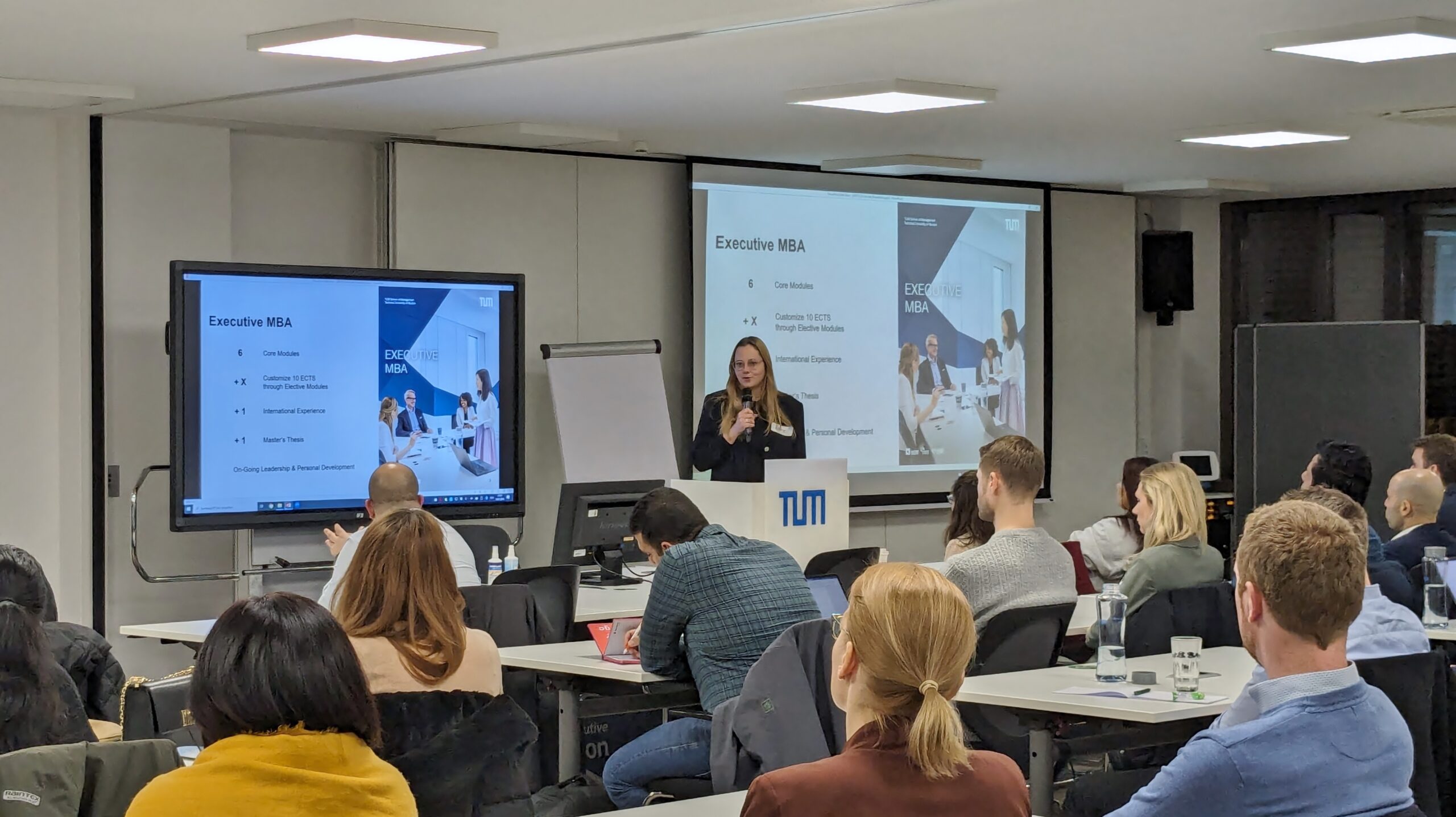Course 1: Define and MeasureIn the first course, we discuss the meaning of quality and introduce the five steps of the DMAIC process improvement flow used in Six Sigma: Define, Measure, Analyze, Improve and Control.Learn how to identify the voice of the customer and define the goal of our improvement project, set targets for process yield and analyze the cost-benefit. Visualize our process flow and introduce the necessary statistical techniques to determine the baseline performance of our process and process capability.Understand how to use statistical sampling for subsequent data collection and cover the basics of a measurement system analysis. In this first course, we will also review descriptive statistical techniques to clearly present our data to project teams.
Course 2: Six Sigma: Analyze, Improve, ControlTogether we will analyze our collected data using inferential statistical and root cause analysis review techniques.Perform correlation and regression analysis to confirm root cause and understand how we can improve our process and design experiments. We will implement statistical processes with control charts and learn to use quality management tools to reduce risk and control process deviations.
Course 3: Lean ProductionThe third course is all about lean production. We look at the basic relationship between inventory, cycle time and low rate and analyze our process capacity. Calculate the impact of defects and rework on our process capacity. From a management perspective, we cover the main principles of the Toyota Production System, reviewing the complementary aspects of just-in-time manufacturing and quality management. We discuss the key requirements for lean manufacturing, including key metrics for operational and financial performance.







